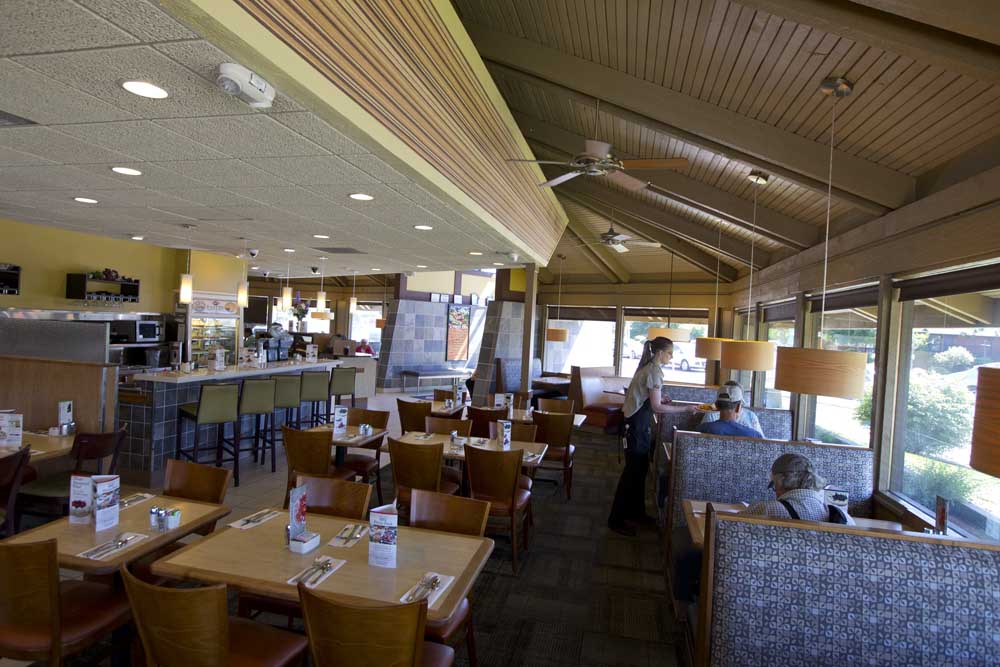National business briefing
Published 1:14 am Thursday, November 21, 2019

- National Business Briefing
Christmas tree shortage this year
A seedling shortage a decade ago has left some Oregon Christmas tree farmers with no trees to sell this year, and back-to-back hot summers in recent years have left others looking for ways to adapt to a changing climate.
Cher Tollefson, co-owner of Historic Kirchem Tree Farm outside of Oregon City, said her fields will be closed this season for the first time in 27 years.
“We just don’t have the trees,” she said. “We have 2,000 that will be ready next year, but they are not up to size. They are not up to our standards.”
Christmas trees take between seven and 11 years to mature and, just about a decade ago, seedling suppliers grew too few small trees to go around, according to Chal Landgren, a Christmas tree specialist at Oregon State University.
“It became harder to get them,” he said. “Nurseries didn’t want to grow on speculation.”
Now, 10 years later, that short supply of seedlings has left fields full of trees that are too short to sell, according to Tollefson.
Then in 2017 and 2018, the Pacific Northwest sweated through two hot and dry summers in a row. Those conditions can be particularly hard on young trees, Landgren said. Christmas trees aren’t irrigated; they are “watered by God,” as Tollefson said, and young trees are especially susceptible to heat stress.
The hot summers of late had no effect on this year’s crop, but they have left Christmas tree farmers looking for ways to cope with longer and warmer dry seasons.
Fiat Chrysler hit with lawsuit
General Motors filed a racketeering lawsuit against rival automaker Fiat Chrysler on Wednesday, accusing the company of bribing officials at the United Auto Workers union for more favorable contracts.
The lawsuit, filed in federal court in Michigan, alleges that Fiat Chrysler paid more than $1.5 million in payments and other things of value to UAW officers to manipulate contract negotiations during the course of two collective bargaining agreements that were signed, in 2011 and 2015.
GM says bribes were part of a ploy to give Fiat Chrysler a competitive edge against General Motors and potentially force a merger.
The bribes were authorized by the company’s then-chief executive Sergio Marchionne, in violation of the Taft-Hartley Act — the 1947 law regulating labor management — and laws against wire and mail fraud, the lawsuit alleges.
The lawsuit comes on the heels of the massive strike in which 46,000 UAW workers shut down production at General Motors for nearly six weeks.
The UAW and GM signed a new contract in October that included pay increases for workers, promises that the company would bring full-time workers on permanently, and mandatory raises each year.






